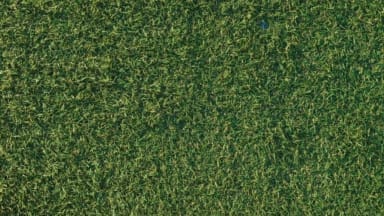
The petition (now closed) to prohibit the Sale, Purchase, Deployment, and Use of Artificial Grass Products failed to collect 100,000 signature, having collated just 17,865. The official statement Department for Environment, Food and Rural Affairs (DEFRA) reads:
“We have no plans to ban artificial grass. We are committed to eliminating all avoidable plastic waste by 2042 and recognise that artificial grass has no wildlife value. Our 25 Year Environment Plan sets out our ambition to eliminate all avoidable plastic waste by 2042. Given the scale of the plastics problem, we need to take a targeted and evidence-led approach to tackling the issues of plastic waste. Defra has no plans to ban artificial grass. We will continue to review the latest evidence on problematic products and materials to take a systematic approach to reducing the use of unnecessary plastic products.
The Government has not assessed the potential costs and opportunities of restricting the use of artificial grass products. The Government recognises that, in itself, artificial grass has no value for wildlife. Improving biodiversity is a key objective for the Government.
The Environment Act 2021 introduced a number of policies that will support the restoration of habitat. Biodiversity Net Gain (BNG), Local Nature Recovery Strategies (LNRS) and a strengthened biodiversity duty on public authorities will work together to drive action, including to create or restore habitats that enable wildlife to recover and thrive”.
In March 2023, the Society of Garden Designers (SGD) launched the ‘Say No to Plastic Grass & Plants’ campaign to raise awareness of their extreme environmental damage. Supported by the RHS and the Landscape Institute, the SGD campaign highlighted that plastic grass & plants destroy wildlife by removing crucial natural habitats; cause plastic pollution, leak micro-plastics into waterways, cause flooding, contribute to urban heat islands due to the amount of warmth they retain and contribute to greenhouse gas emissions in their production.

